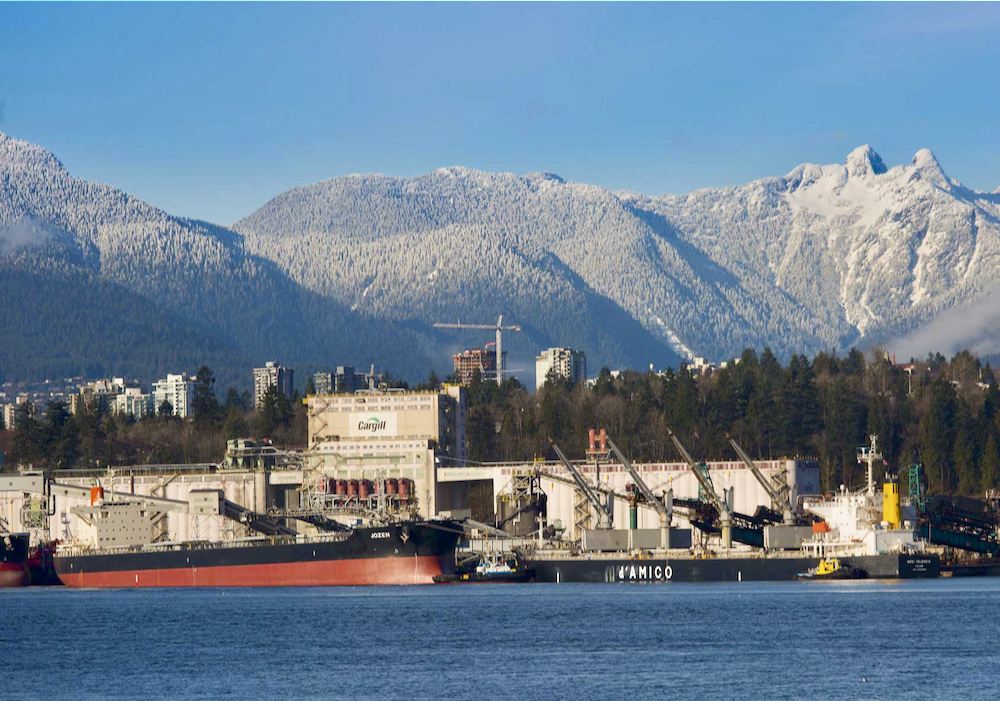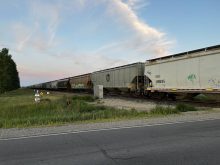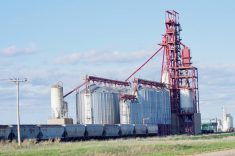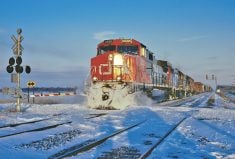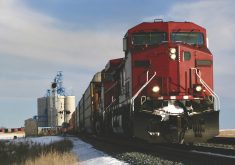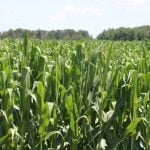Rail service is poor right now, but things will get better — in both the short and longer term, says a leading expert on grain transportation.
CN Rail has been particularly poor when it comes to delivering hopper cars requested by grain companies, hitting a low of only 24 per cent during one week in January, said Steve Pratte, manager of policy development with the Canadian Canola Growers Association.
While frigid temperatures have slowed trains, cold weather alone isn’t enough to account for the drop in service.
Read Also
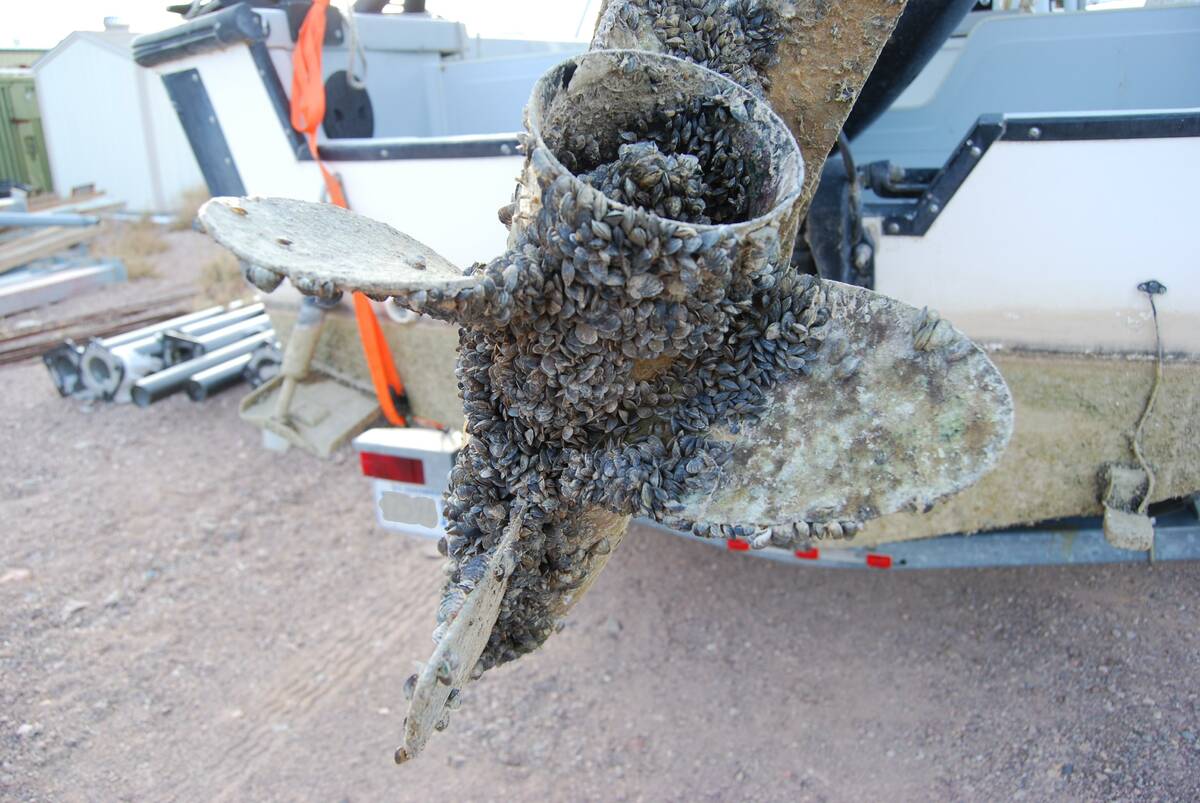
Invasive species council lending a helping hand to Alberta agricultural producers
Alberta Invasive Species Council unveils the huge economic effect of keeping invasive species unchecked to agricultural production in the province.
“It’s one of those lingering things that no one has an answer for,” Pratte said during a recent virtual presentation.
“This is unacceptable and imperils our ability to keep our global customers happy.”
The matter has been raised with the federal transport and ag ministers, and while there’s been no action plan laid out, industry experts expect to see a slow return to normal service.
“It’s still a struggle… (but) it will work itself out,” he said.
However, while Pratte said he has heard stories about trains being loaded and sitting for a couple of weeks, there haven’t been massive disruptions nor are elevators turning farmers away because they’ve run out of space.
“The country and terminal elevators do have capacity,” he said.
And while wildfires, flooding in B.C. and the pandemic all disrupted service, the system proved resilient, he said.
“We are coming off a year where the supply chain worked well, all things considered.”
The past year was also a big one for the canola-processing sector and this will have implications for grain transport in the years ahead, added Pratte.
He noted there have been a series of announcements from companies that are either building new crushing facilities or expanding existing ones, including Richardson (in Yorkton, Sask.) Viterra and Cargill (both in Regina), Ceres Global Ag (Northgate, Sask.) and Federated Co-op Limited, which plans to build the nation’s largest renewable diesel refinery in Regina.
“It will change the profile of domestic transportation when these projects come online, and there will be different considerations for movement,” said Pratte. “The majority were announced for 2024-25. There will be implications for the supply chain and shifting of traditional trade flows, traditional markets and demand that, that will place on western-centred grain supply chains.”
While some canola oil and meal from this surge in processing will be exported via the Port of Vancouver, some will also be sold domestically or to the U.S. — and that ultimately means less canola seed being shipped by hopper cars to the West Coast.
“It’s great for the industry and will have all sorts of spinoff effects for the economy,” he said. “(And) it’s taking a portion of demand and loosening it up on the West Coast for other products to transit there.”
Another good-news story for grain transport is CP and CN’s continuing investment in new-generation hopper cars, which allow trains to carry significantly more grain per trip.
And the merger between CP and Kansas City Southern Railway (expected to be finalized later this year) could have a payoff, too. The merger won’t impact existing grain movement but it will create the first rail network connecting Canada, the U.S. and Mexico — and that could eventually lead to new trade patterns between Western Canada and Mexico, said Pratte.
“My perspective on this is that it’s all good,” he said. “There’s future potential, but this is not going to happen on Day 1.”
The record grain movement two years ago has shown what the system is capable of doing and Pratte said the bar has now been raised.
“That was a benchmark for us to gauge future grain-handling transportation systems against,” he said.


